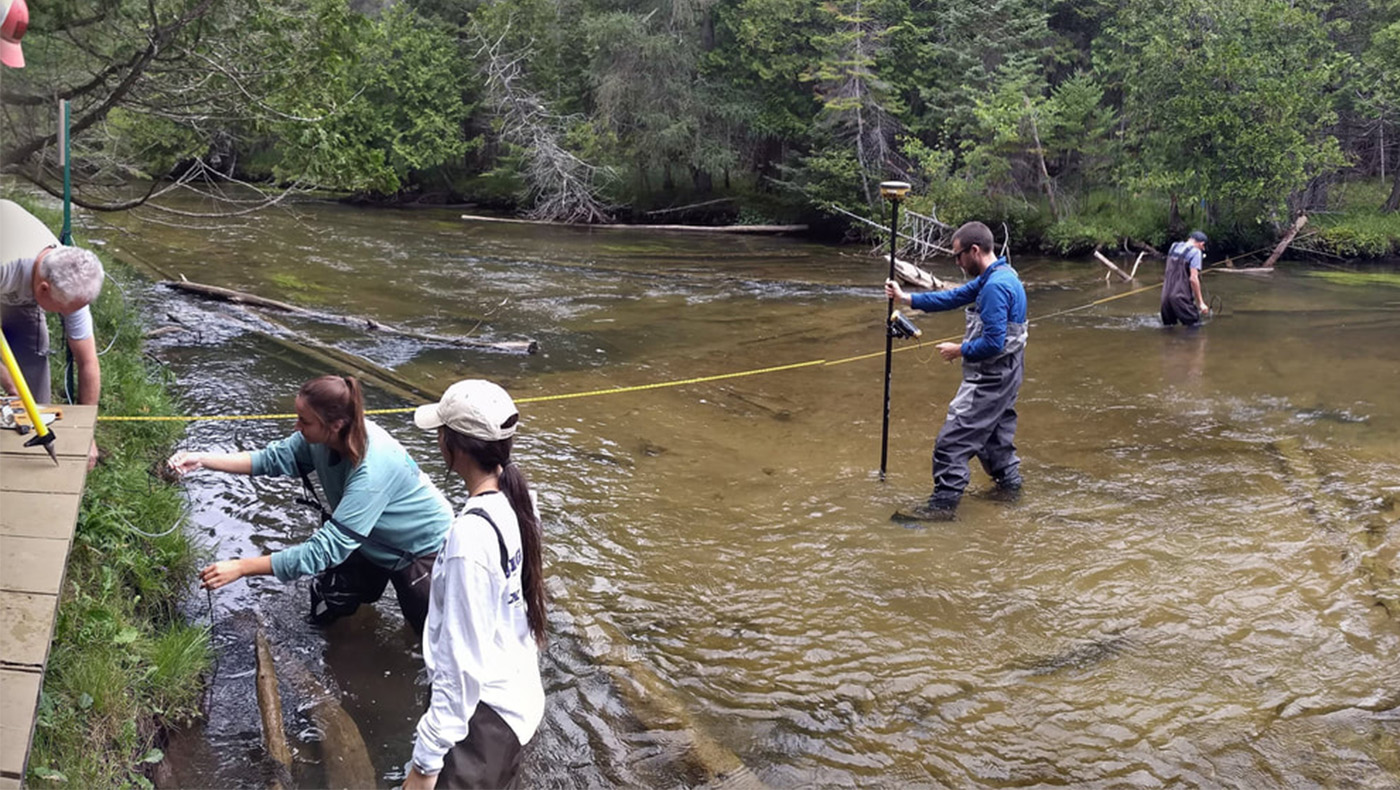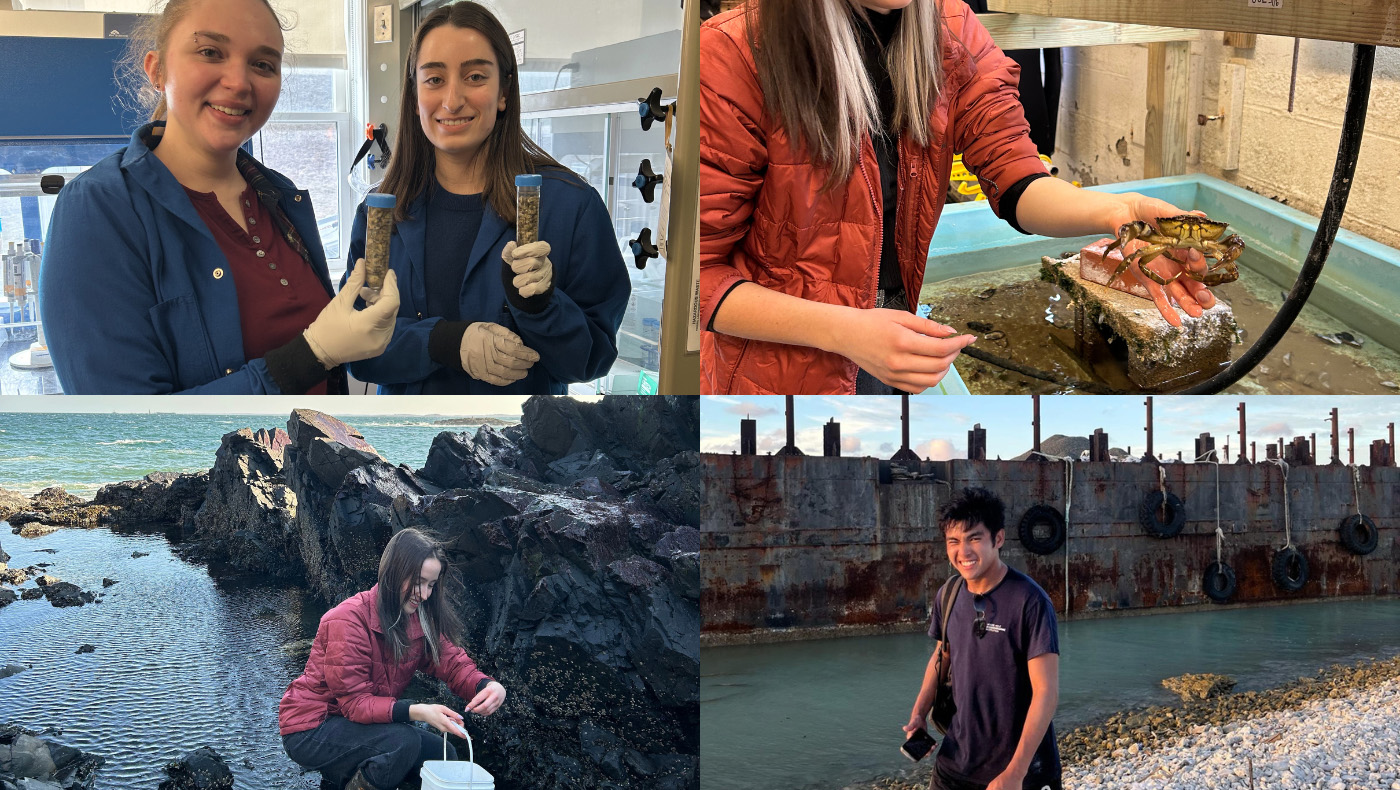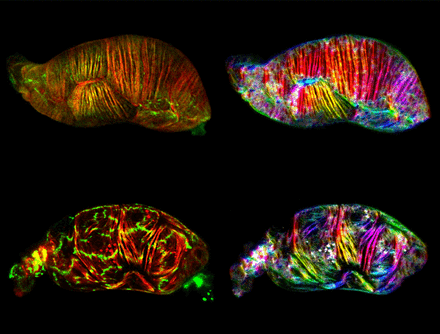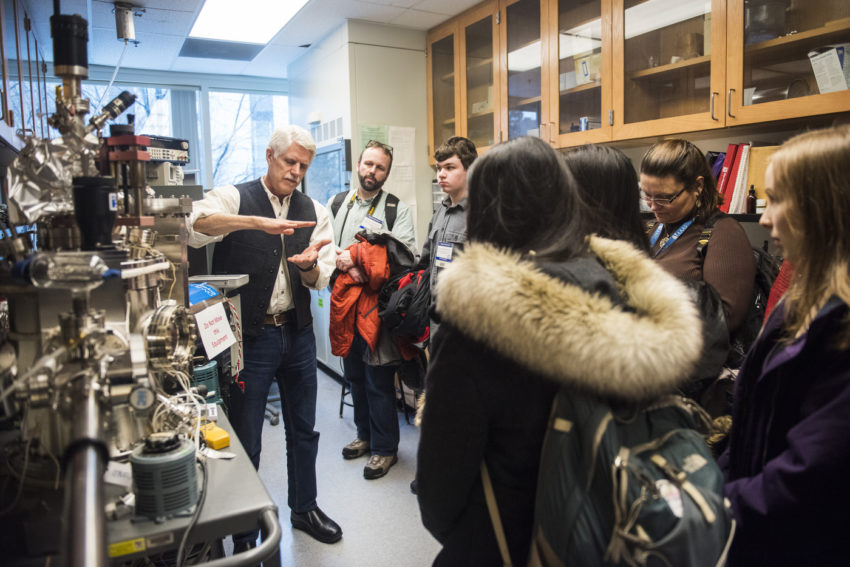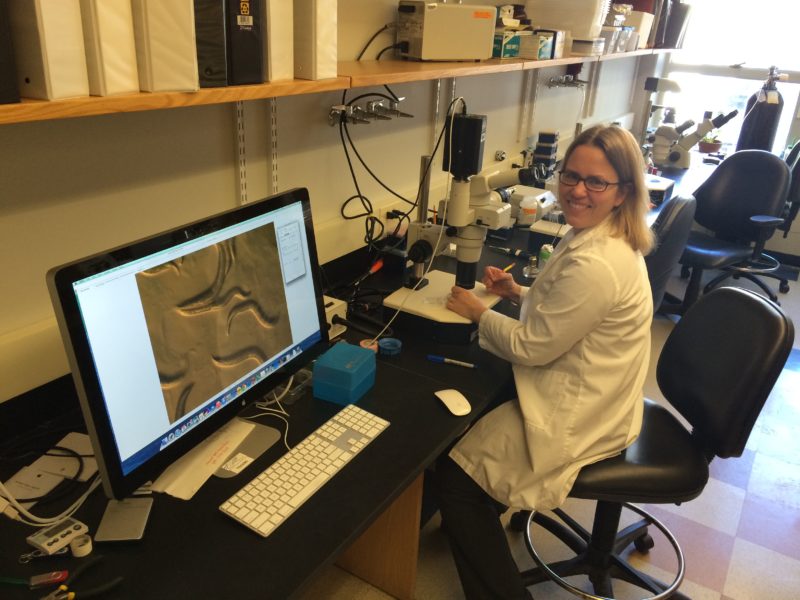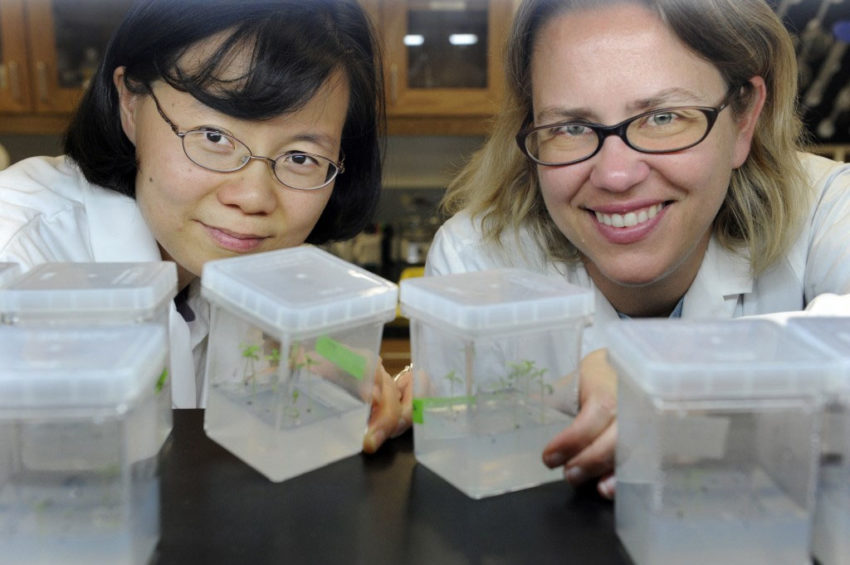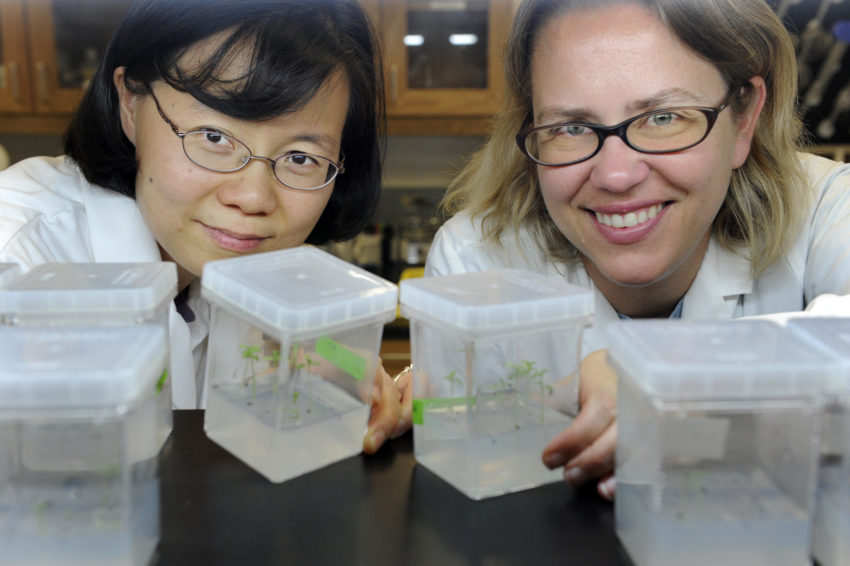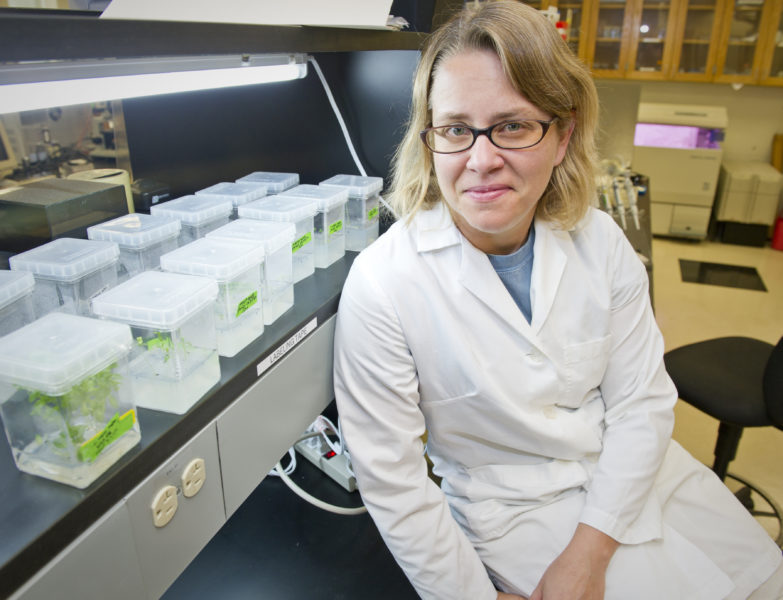News
Biology, College of Science
PhD student’s work on model organism published in Molecular Biology of the Cell
PhD student Alison Wirshing, of the Cram Lab, was recently published in the journal, Molecular Biology of the Cell, for her work on reproductive processes of C. elegans.
July 20, 2017
PhD student's work on model organism published in Molecular Biology of the Cell
PhD student Alison Wirshing, of the Cram Lab, was recently published in the journal, Molecular Biology of the Cell, for her work on reproductive processes of C. elegans.
July 20, 2017
Northeastern hosts budding scientists from across the nation
Some 100 high school students spent Thursday meeting faculty members, touring labs and research facilities, and seeing science in action at Northeastern as part of the American Junior Academy of Science’s annual conference.
February 17, 2017
College of Science
A look into Professor Erin Cram’s work
Erin Cram, Associate Professor and Graduate Coordinator in Biology, sits down with the College of Science Graduate Program staff to talk about her research at Northeastern University.
October 17, 2016
A look into Professor Erin Cram's work
Erin Cram, Associate Professor and Graduate Coordinator in Biology, sits down with the College of Science Graduate Program staff to talk about her research at Northeastern University.
October 17, 2016
Faculty Highlight: A look into Professor Erin Cram’s work
Faculty Highlight: Prof. Erin Cram The College of Science Graduate Program staff talks with Prof. Cram about her research at Northeastern University in this faculty highlight. Can you tell us about your current research? We have two current projects in the lab. They’re both overlapping with engineering projects. The first is to improve production of […]
October 17, 2016
Biology PhD student Alison Wirshing wins International Award
Poster Award goes to . . . Alison Wirshing! Congratulations to Biology PhD student Alison Wirshing for winning the International Society of Differentiation Beverly McKinnell Student Award (and 1000€) at the Society for Developmental Biology Poster Competition this past weekend! Alison participated in the 75th Annual Meeting ISD 19th International Conference (http://sdbonline.org/2016mtg). After being selected […]
August 09, 2016
Meet the graduates: Julie Hugunin
"Mindfulness helped me in ways I never imagined it could. It made me so much calmer, so much happier. That personal experience has made me want to provide the same for others. When I’m a physician and a researcher, I want it to be part of my approach."
May 04, 2016
COS professors get NSF grant to study production of cancer drugs
"Dr. Carolyn Lee-Parsons, Associate Professor of Chemical Engineering and Chemical Biology, and Dr. Erin Cram, Associate Professor of Biology, have received a $650,000 grant from the NSF to investigate the production of cancer drugs in Catharanthus roseus, also known as the Madagascar periwinkle." –COS News Article
November 30, 2015
COS professors get NSF grant to study production of cancer drugs
Two professors - one from the biology department and the other from the chemistry and chemical biology department - have been awarded more than a half-million dollars to investigate the production of cancer drugs in Catharanthus roseus.
November 12, 2015
Keeping the “Wow Factor” in scientific research
Human bodies work in odd ways. But the majority of the population figures it’s enough that blood gets pumped, air gets exchanged, and synapses fire. In fact, most people don’t even think about the physiological machinations our bodies go through every second of every day.
October 01, 2014
Keeping the "Wow Factor" in scientific research
Human bodies work in odd ways. But the majority of the population figures it’s enough that blood gets pumped, air gets exchanged, and synapses fire. In fact, most people don’t even think about the physiological machinations our bodies go through every second of every day.
October 01, 2014
